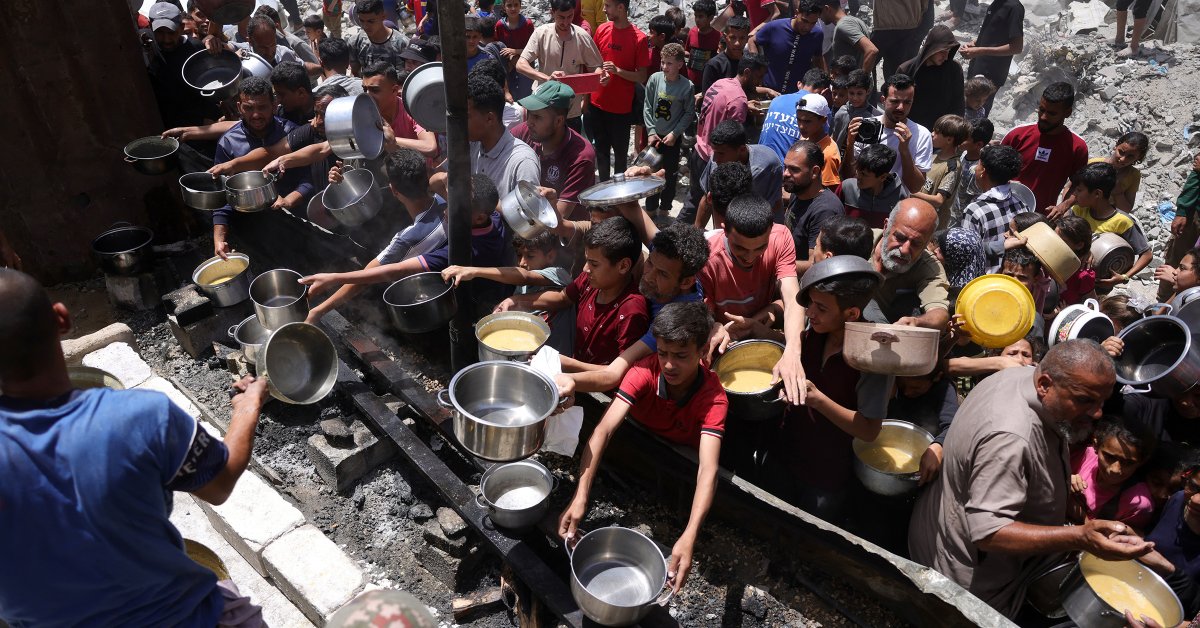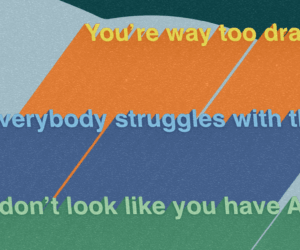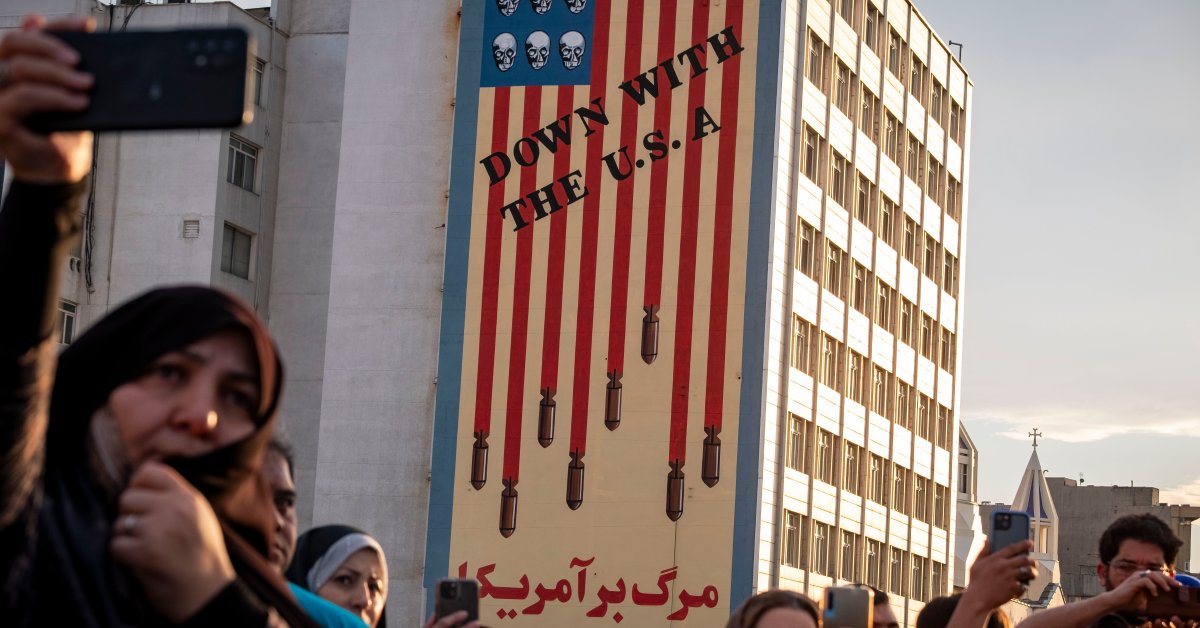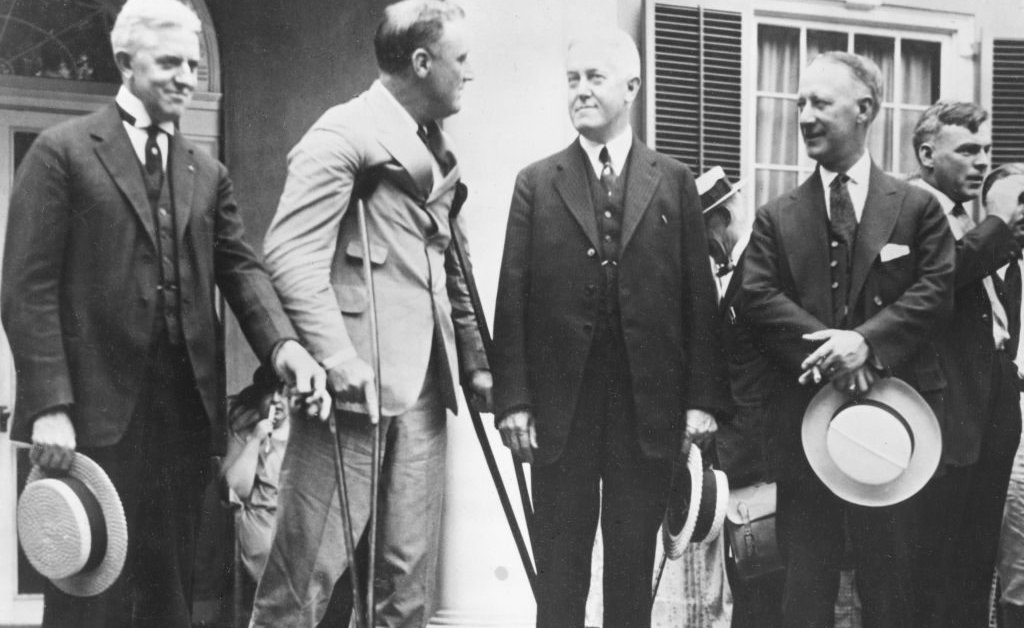Last month, unable to carry the weight of two cameras, a work laptop, and his body armor, Gazan photojournalist Bashar Taleb made the decision to prioritize his health over his work. The 30-year-old, who has worked with Agence France-Presse since 2010, had lost 35 pounds, he says, and began to calculate the distances he needs to cover. “Can I make it back home, or not? Will I be able to find a means of transportation, or not?” He describes feeling weak and dizzy every day.
The starvation forecast from over a year ago has now taken hold in Gaza. The U.N. World Food Programme this week said 100,000 women and children suffer from acute severe malnutrition, and a third of the territory’s 2.1 million residents have missed meals for more than multiple consecutive days. On Wednesday, at least 10 Palestinians died of starvation, according to the Gaza Health Ministry, raising the total number of hunger-related deaths to 113, including at least 80 children.
Journalists like Alkahlut, who lives in Al-Karama, North Gaza, are facing starvation along with the community they cover. “Today we ate one meal, that’s enough for us to live another day,” says Khalil Alkahlut, who works for the Anadolu Agency, a state-run Turkish news agency headquartered in Ankara.
The 22-year-old photojournalist estimates that he has lost 60 pounds, speaking to TIME on Tuesday, Alkahlut was, like his three younger brothers, getting by on one serving of lentils a day, no breakfast, and no dinner. “Tomorrow, I don’t know what we will eat.”

With international journalists barred by Israel from working independently in Gaza, local reporters are providing first-person accounts of hunger—provided they still have the strength to work. On Monday, the Société des Journalistes de l’Agence France-Presse, the union of Agence France-Presse, warned that AFP’s remaining freelance staff in Gaza were at risk of death from malnutrition. Taleb posted on Facebook that his “body is thin” and he can “no longer work.”
“Hunger is the hardest thing I’ve ever experienced,” Taleb tells TIME from Jabaliya, a city about two miles north of Gaza City. “We [must choose] between death by starvation or death by killing in an attempt to get food from aid trucks.” Since barring international aid agencies and taking over food relief operations, Israeli forces have killed more than 1,000 Palestinians gathering to seek food, the UN reports. The distribution system—managed by the newly-established U.S. and Israeli-backed Gaza Humanitarian Foundation (GHF)—has been widely criticized by the UN as an opaque mechanism that concentrates aid in a handful of guarded areas and violates core humanitarian principles.
On the ground
AFP currently maintains ten freelance journalists in Gaza—one writer, three photographers, and six video freelancers within the territory. Many international news organizations withdrew their foreign staff from Gaza in 2024 under Israel’s bombardment, leaving local Palestinian journalists as the primary source of information for global audiences. More than 173 of them have been killed.
“Journalists endure many deprivations and hardships in warzones. We are deeply alarmed that the threat of starvation is now one of them,” read a statement issued Thursday by the BBC, Reuters, AP and AFP.
While declining to provide TIME with contacts for the local journalists working in Gaza, a Reuters spokesperson noted that “We are providing our contributors with additional financial support to help them and, should they wish to leave the territory, we will provide any assistance possible to help them get out.”
According to the union’s statement, AFP’s Gaza-based journalists receive monthly salaries but face the reality that “there is nothing to buy, or only at completely exorbitant prices.” When journalists withdraw their funds from the few remaining cash points to purchase whatever food is left, they’re also met with exorbitant withdrawal fees. “When I go to withdraw $1000 from my bank account, I only receive $550 in cash,” Taleb says. “This is also a big problem.”
Al Jazeera, the Qatar-based news channel that Israel has made moves to ban, released a statement Wednesday calling for global action to protect their journalists in the region.
“I haven’t stopped covering for a moment in 21 months,” Al Jazeera correspondent Anas al-Sharif wrote online. “I am drowning in hunger, trembling in exhaustion, and resisting the fainting that follows me every moment … Gaza is dying. And we die with it.”

The broader hunger crisis
Famine has not been officially declared in Gaza primarily because, with international aid groups largely barred, the collective Integrated Food Security Phase Classification (IPC) system lacks sufficient verifiable on-the-ground data to meet the technical thresholds for a formal declaration.
The hunger crisis has intensified since March, when what humanitarian organizations describe as an aid blockade began, pushing Gazans into what the World Health Organization has described as a “dangerous cycle” following the reduction of aid distribution points from 400, during the spring ceasefire, to just the four military-controlled sites currently operating.
That system was put in place at the end of May. Under it, Israel restricts the U.N. World Food Programme (WFP) to delivering only 1,600 calories per person daily—significantly below the standard humanitarian requirement of 2,100 calories. Distribution, besides being lethal, is uneven, with reports of aid being diverted or stolen before reaching intended recipients.
Israeli Government Spokesman David Mencer was asked Wednesday about mass starvation in Gaza. Speaking from Jerusalem, he said he wanted to talk about “facts, not fiction.” On Wednesday, more than 100 NGOs released a joint statement pleading with the Israeli government to allow food, water, medical supplies and other life saving aid into the Strip. The statement quoted an aid worker providing psychosocial support to children in Gaza: “Children tell their parents they want to go to heaven, because at least heaven has food.
The statement of the AFP’s union observed: “None of us can recall seeing a colleague die of hunger.”








